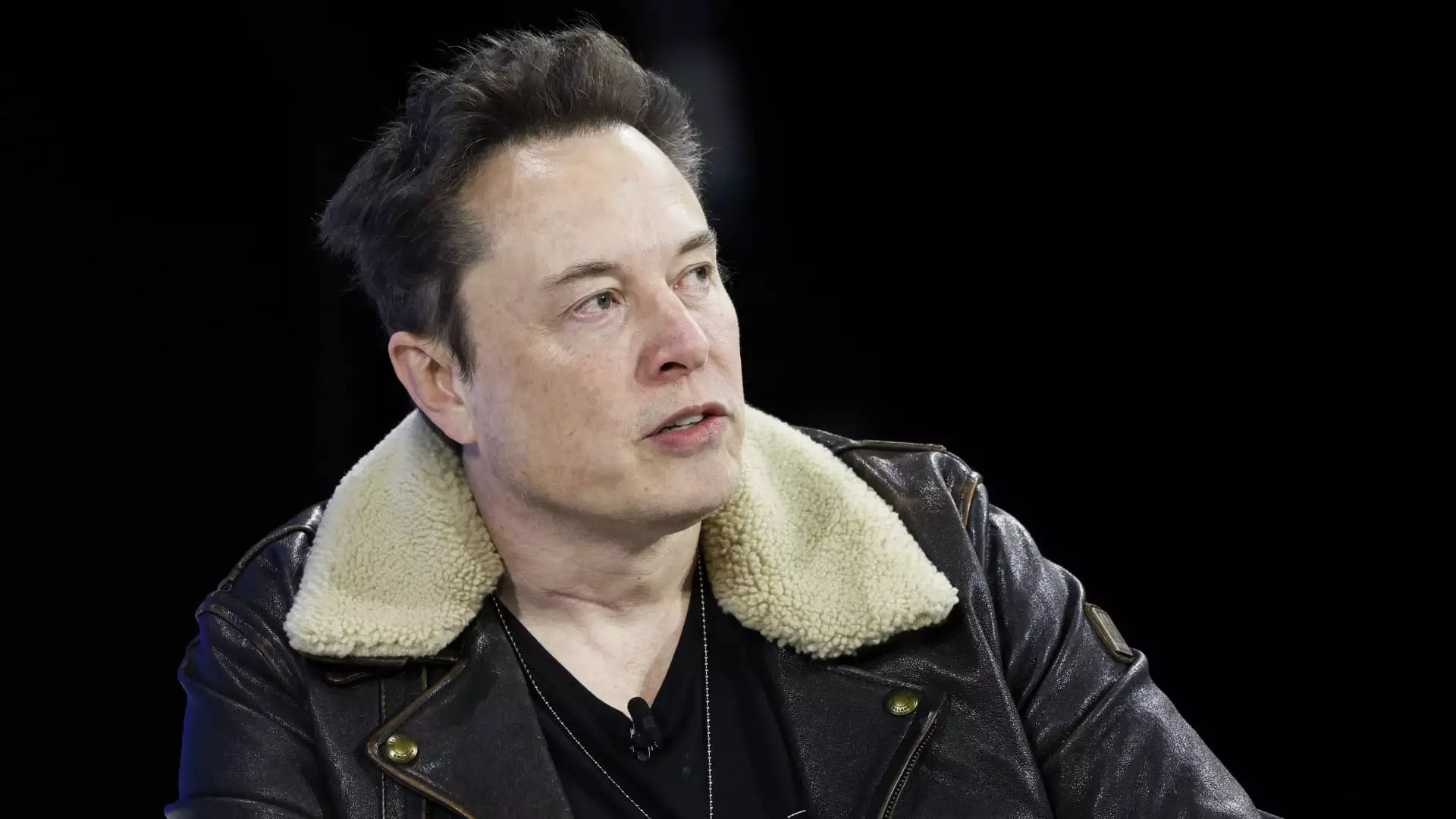In a significant blow to Tesla CEO Elon Musk, a Delaware judge recently invalidated his $56 billion pay package. This ruling came after the company’s board of directors failed to demonstrate the fairness of the compensation plan. The decision had an immediate impact on Tesla’s stock price, causing a 3% decline in after-hours trading.
Elon Musk’s compensation package was hailed as the largest in public corporate history, solidifying his status as a centi-billionaire and the richest person on the planet. The plan, implemented by Tesla in 2018, offered Musk 12 tranches of stock options. These options would only vest if the company’s market capitalization increased by $50 billion and achieved a specified revenue target. The court’s ruling now raises the question of whether Musk was overpaid and if the compensation plan breached the board’s fiduciary duties.
A Flawed Process
Delaware Chancery Court Judge Kathaleen McCormick, in her extensive 200-page ruling, found that Richard Tornetta, the shareholder who filed the lawsuit, successfully proved that Musk exerted significant control over Tesla. McCormick further highlighted the “deeply flawed” process leading to the board’s approval of Musk’s compensation. She noted Musk’s close ties with individuals involved in negotiating on behalf of Tesla, including General Counsel Todd Maron, who had previously served as his divorce attorney.
In her ruling, Judge McCormick concluded that Musk essentially drove the compensation process, making adjustments to suit his preferences as he saw fit. She found that the resulting compensation arrived at an unfair price, prompting Tornetta to request a recall. McCormick ruled in favor of Tornetta, asserting that he was entitled to rescission.
The Path Forward
With this decision calling Musk’s compensation into question, Tesla and Musk’s attorneys must now address the implications and next steps. The court has ordered the parties to confer on a final order that implements the ruling while identifying all issues, including any associated fees. CNBC has reached out to Musk, his lawyer, and Tornetta’s attorney for comment on the decision, but no responses have been provided at this time.
Musk’s Reaction
In a tweet following the ruling, Musk expressed his dissatisfaction and issued a cautionary statement: “Never incorporate your company in the state of Delaware.” While Musk’s reaction is understandable given the impact on his compensation package, the comment also raises questions about the legal system in Delaware and its potential influence on business operations.
Judge McCormick’s ruling underscored Musk’s extensive control and influence over Tesla, particularly concerning the determination of his own compensation. Beyond his significant equity stake, Musk held influential corporate positions such as CEO, Chair, and founder. Moreover, he maintained close links with the directors responsible for negotiating on behalf of Tesla. This level of dominance played a critical role in securing board approval for his compensation plan.
Proving Inadequate Shareholder Information
The court determined that Tesla and Musk’s attorneys failed to adequately prove that the shareholders were fully informed when casting their vote on the compensation package. The proxy statement inaccurately depicted certain directors as independent while omitting essential details about the process. This lack of transparency further weakened the defense’s case and raised doubts about the fairness of the voting process.
Adding to the ongoing controversy, Musk recently expressed a desire to gain 25% voting control over Tesla. While he currently owns approximately 13% of the company’s stock, Musk argued that this increased control would allow him to drive the company’s leadership in artificial intelligence and robotics. However, as the ruling presents significant challenges to Musk’s authority, his pursuit of additional voting control might face even greater scrutiny.
Elon Musk’s $56 billion pay package has been invalidated by a Delaware judge, causing a decline in Tesla’s stock price. The court ruled that the compensation plan lacked fairness and breached the board’s fiduciary duties. Musk’s significant control and influence over the process were key factors in the ruling. As the case moves forward, it remains to be seen how Tesla will address the implications and navigate the potential repercussions on its future operations.


Leave a Reply